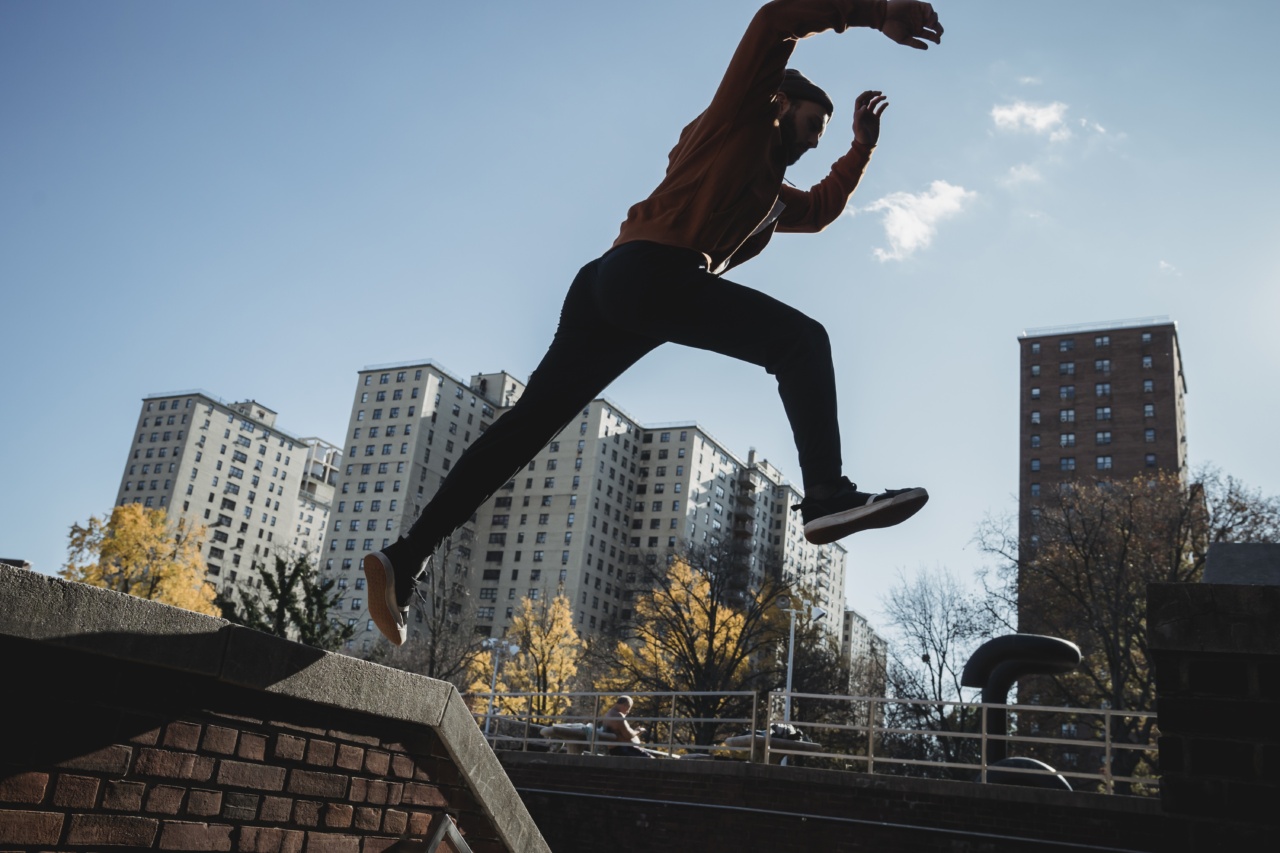Nocturia is a medical condition that causes disturbance in sleep because of the urgent requirement of frequent urination during the night.
This can be caused by several reasons including medical conditions such as urinary tract infections, enlarged prostate or even anxiety and stress. Although nocturia is a common problem among the elderly, it can affect people of all age groups. Studies have shown that nocturia is not just a matter of inconvenience but is also associated with a higher risk of falls.
In this article, we will discuss the risk factors and potential solutions for nocturia associated with a higher risk of falls.
What is Nocturia?
Nocturia is a medical condition where patients get up frequently during the night for urination. The number of times a person has to get up and go to the bathroom in a night varies from person to person.
Some people experience it once a night while others can endure it for multiple times. The exact cause for this condition is still unknown but there are several possible explanations such as an overactive bladder, urine infections, or even poor fluid management in the body. .
Factors Associated with Risk of Nocturia
Nocturia is a very common condition for elderly people, but it can affect people of all age groups. Several factors can increase the risk of nocturia, including:.
- Old age
- Gender: Women are more prone to nocturia than men.
- Medical Conditions: Obesity, enlarged prostate gland, urethral strictures, and diabetes can increase the risk of nocturia.
- Medications: Certain medications like diuretics and antihistamines can cause nocturia.
Nocturia Associated with Higher Risk of Falls
Nocturia may be a minor inconvenience for some, but it can have a significant impact on the risk of falls, especially among older adults. As people age, they are more prone to falls, which can result in serious injuries.
Nocturia can further increase the risk of falls, particularly if the bathroom is not easily accessible. The act of getting up frequently during the night and walking through a dark room can also increase the risk of falls.
This risk of falling can be higher for people who face additional medical problems. Chronic conditions such as Parkinson’s disease, arthritis, stroke, or osteoporosis are known to be associated with the risk of falling.
These conditions can affect your balance and mobility, which can also be affected by disturbed sleep due to nocturia.
Solutions for Nocturia Associated with a Higher Risk of Falls
There are several potential solutions to minimize the risk of falls associated with nocturia:.
- Avoid drinking fluids close to bedtime.
- Keep a night light in the room and ensure a clear path to the bathroom
- Consider wearing prescribed footwear that provides good support.
- Speak with your doctor to find the root cause of the problem so that appropriate measures can be taken.
- Schedule more frequent checks with your healthcare provider to monitor the medication list and manage them appropriately.
Conclusion
Nocturia is a condition that can have significant impacts on the sleep and quality of life of those who suffer from it. It’s important to be aware of the association between nocturia and falls among elderly individuals.
The risk of falls can be prevented through the implementation of preventative measures like taking care of footwear, lightening pathways to the washroom, and minimizing liquid intake before bedtime. Speak with your doctor to get proper advise and seek additional treatment options for your nocturia. .































